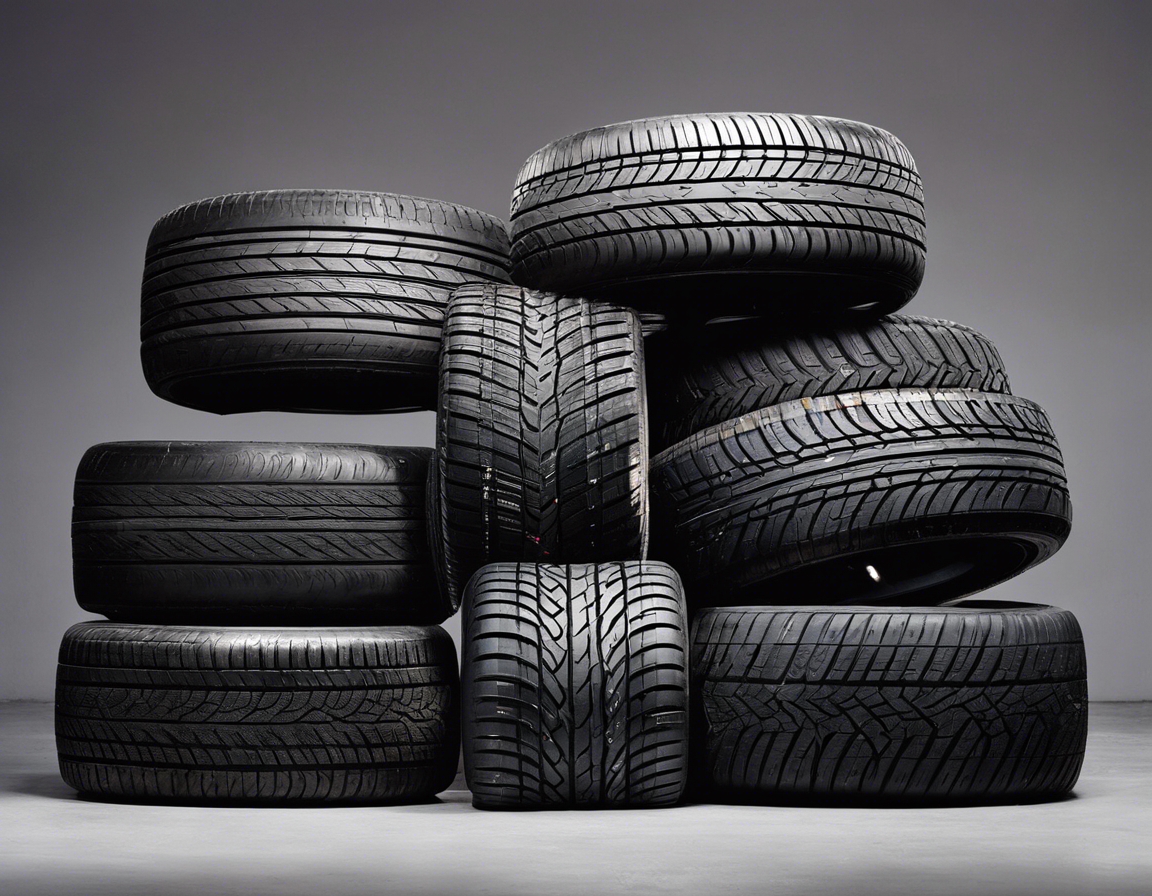5 signs your car needs engine repair
For many car owners, the engine is the most critical component of their vehicle, and its health is paramount to the car's overall performance and longevity. Recognizing the signs that your engine may need repair can save you from costly breakdowns and extend the life of your car.
Understanding the Importance of Engine Health
The engine is often referred to as the heart of the vehicle. It's responsible for converting fuel into motion, powering your car forward. Without a healthy engine, your car's performance, efficiency, and reliability are compromised.
Regular maintenance is key to engine longevity. However, even with diligent care, engines can develop issues. Being able to identify the early signs of engine trouble can help you address problems before they escalate into major repairs.
Sign #1: Unusual Noises
A knocking sound coming from your engine could indicate a variety of issues, such as worn bearings or a need for better-quality fuel. It's a sign that should not be ignored, as it can lead to more significant engine damage.
Hissing may suggest a vacuum leak, while popping could be a sign of a misfire. Both noises are indicative of engine health issues that require immediate attention.
Sign #2: Loss of Power or Performance
If your car is struggling to accelerate or you notice a reduction in power, it could be a sign of engine wear or malfunction. This loss of performance often points to the need for engine repair or tuning.
When your car stalls, it's often related to engine problems such as a faulty sensor or issues with the fuel system. Consistent stalling should be investigated by a professional.
Sign #3: Check Engine Light
The check engine light is your car's way of telling you something is wrong. When it illuminates, a diagnostic scan can reveal trouble codes that help pinpoint the issue.
Some common codes that indicate engine problems include those related to the oxygen sensor, catalytic converter, and misfires. These should be addressed promptly to avoid further damage.
Sign #4: Excessive Exhaust Smoke
The color of your exhaust smoke can tell you a lot about the health of your engine. Blue smoke indicates burning oil, white smoke suggests a coolant leak, and black smoke points to an overly rich fuel mixture.
Each color of smoke can indicate different engine issues, such as worn piston rings, head gasket failure, or fuel system problems, all of which require immediate attention.
Sign #5: Fluid Leaks
Oil is the lifeblood of your engine, and a leak can lead to low oil levels and potential engine damage. It's important to fix leaks quickly to protect your engine's internals.
Coolant leaks can lead to overheating and severe engine damage. If you notice a sweet-smelling liquid under your car, it's time to have your engine checked.






Comments (0)